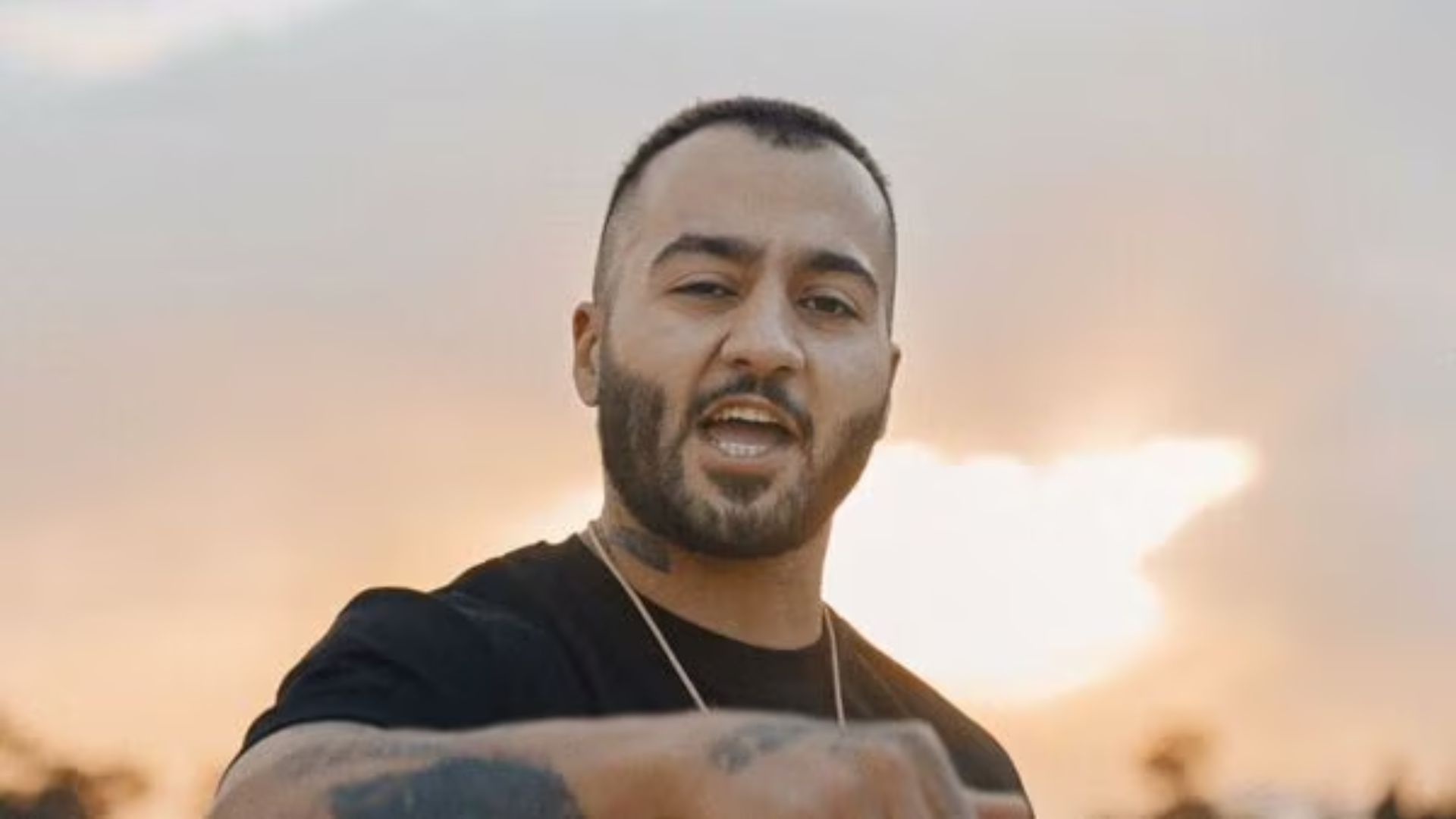Throughout his career, Salehi has been targeted for his music, accused of spreading “lies on the internet,” inciting violence, and collaborating with groups considered hostile to Iran. Despite these challenges, Salehi remains a prominent figure in Iran’s music and activism scenes, known for his bold and unapologetic stance against injustice and oppression.
What are the charges?
Toomaj Salehi faces a multitude of serious charges brought forth by the Revolutionary Court in Iran, reflecting the government’s stringent stance against dissent and activism. These charges encompass a range of alleged offenses, including assisting sedition, assembly and collusion, propaganda against the system, calling for riots, spreading lies on the internet, inciting violence, and forming and managing illegal groups. Each charge carries significant weight and underscores the authorities’ efforts to quell any form of opposition or criticism.
The accusation of assisting sedition implies that Salehi actively supported activities deemed rebellious or undermining of the government’s authority. Similarly, the charge of assembly and collusion suggests his involvement in gatherings or collaborations aimed at challenging state power. Propaganda against the system refers to Salehi’s alleged dissemination of critical messages or content targeting the Iranian government, which is viewed as a threat to the established political order.
Furthermore, Salehi is accused of calling for riots, inciting violence, and spreading lies on the internet, all of which are perceived as actions that could disrupt public order and security. The charge of forming and managing illegal groups suggests that Salehi collaborated with entities considered hostile to Iran, aiming to destabilize the country’s governance and social fabric.
Mahsa Amini’s death
The death of Mahsa (also known as Zhina) Amini in September 2022 sparked outrage and highlighted the oppressive treatment faced by women in Iran, particularly those from minority communities like the Kurdish population. Mahsa, a 22-year-old woman, was visiting Tehran with her brother when she was stopped and arrested by Iran’s “morality” police for not complying with the country’s compulsory veiling laws. Eyewitnesses reported that she was forcefully detained, beaten, and taken to Vozara detention center, where she was supposed to attend an “educational” class aimed at enforcing the strict Islamic dress code.
Tragically, Mahsa’s arrest quickly turned into a case of severe abuse and torture. Reports emerged that she was subjected to torture and ill-treatment inside the police van, including beatings to her head. These brutal actions led to her falling into a coma. Despite being rushed to Kasra hospital in Tehran, Mahsa succumbed to her injuries and died in custody three days after her arrest.
Mahsa Amini’s death sparked widespread condemnation and protests both within Iran and internationally, shedding light on the systemic issues of human rights abuses, discriminatory practices, and oppressive treatment faced by women in the country. Her tragic story serves as a stark reminder of the ongoing struggle for justice, equality, and respect for human rights in Iran, especially for marginalized communities like the Kurdish minority.
